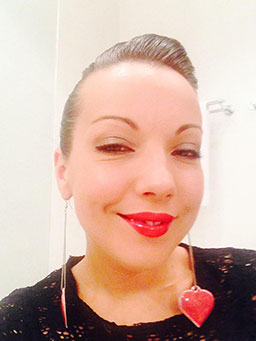An understanding of the emotional hijack
We’ve all done it, right?
Someone or something presses your emotional trigger.
Emotions bubble to the surface.
They take over your mind.
They take over your body.
And worst of all…
They take over your actions.
And then you do it.
Say or do something you really regret!
Perhaps the unexpected shouting.
The snap decision.
The huge overreaction.
And there you have it – the emotional hijack in action.
But you see…
You are not your emotions.
You are not your thoughts.
You are not your actions.
You have a higher level of “self” that can learn to manage and change the way you think, feel and behave.
So let’s look a little more closely at what happens in an emotional hijack…
1. Something happens in the world around you.
2. Your senses take in the information (sights, sounds, tastes, sensations)
3. Your limbic system (subconscious mind) filters this information by searching your hard-wired beliefs and memories.
4. This triggers a chemical change in the body which fills the whole body (this is the emotion).
(And steps 1-4 take just milliseconds to happen!)
And then…
5. Your emotions trigger your behavioural response. You do or say something you wish you hadn’t.
So the trick in managing an emotional hijack is to learn to press your PAUSE button.
So that means learning to notice when the emotion kicks in at stage 4, and then pausing for just a few seconds.
One way to do that is to be mindful of the emotion.
So when you feel that change in your body ask these questions:
What shape is that emotion?
What name does it have?
What colour is it?
What does that emotion sound like as a piece of music?
What does that emotion taste like if it were a food?
And by simply developing this habit, you have already activated your pause button.
That’s because…
It takes a few seconds to reflect on these questions.
And in a few seconds, the intensity of the initial emotion is already less.
And when the emotion starts to fade, you move away from “all or nothing” thinking and start to see other options….
Different ways you can behave.
Different things you can say.
Different actions you can take.
So instead of the emotion managing you, you manage the emotion.
I’m off to respect my emotions, notice them and manage them effectively.
How about you?
To your happiness and fulfillment.

Steve Neale
“Europe’s Leading Expert on Personal and Professional Growth”
Psychologist, Executive Coach, EI Practitioner, Award Winning Trainer, International Author, Psychodynamic Therapist, Hypnotherapist, Mindfulness Instructor, International Speaker, Creator of the LPS, Creator of the Accredited Masters in High Performance Leadership












